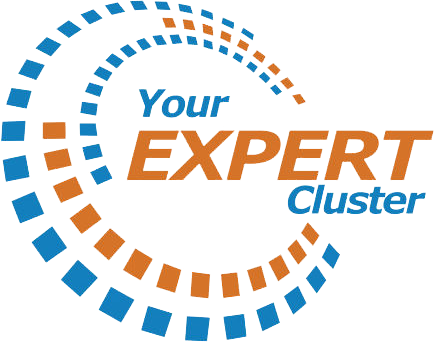Process Analysis & Process Integration
Industry clients expect individual solutions, customers of consumer products frequently wish for personalized goods. In short, both B2B and B2C require individualized production processes. At the same time, the resulting large number of variants has to remain manageable, both technically and with respect to cost.
We analyze business processes and manufacturing processes alike. We help you describe your process steps to maintain consistent process quality. Our focus is on vertical integration – from production to the ERP level – as well as on horizontal integration – from the supplier to the customer. We have expertise in matters such as traceablitiy, product classification, procurement and maintenance. Likewise, we provide classic project coordination in the expansion of production, automation, process and product design, and integration of digital operations.
We have comprehensive expertise in standardization, quality management, and requirements engineering. We also cooperate closely with all relevant industry councils and associations.

